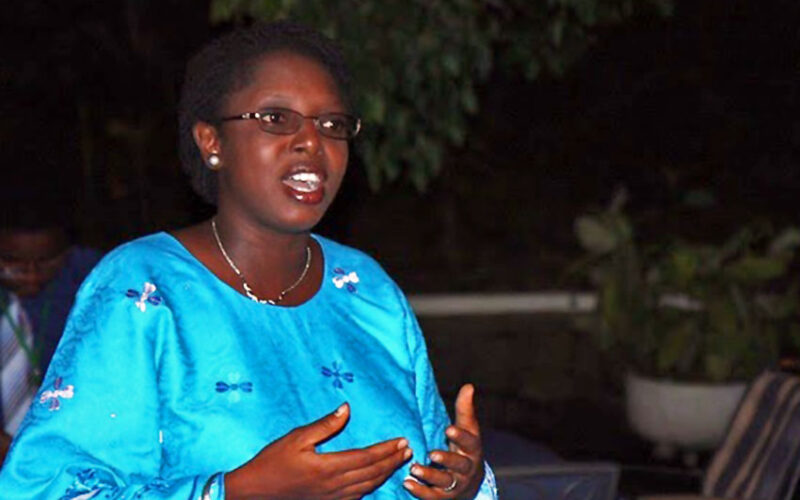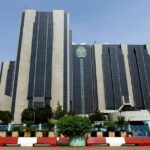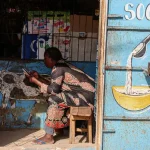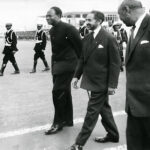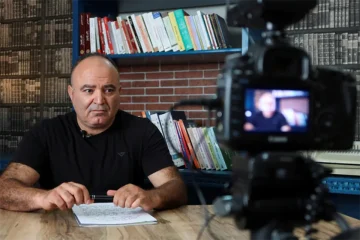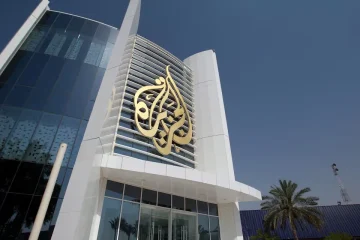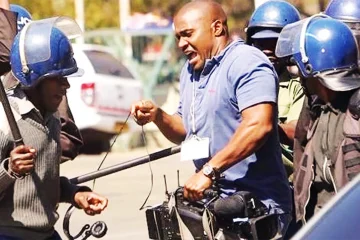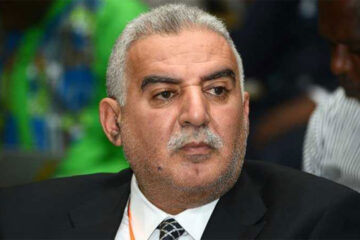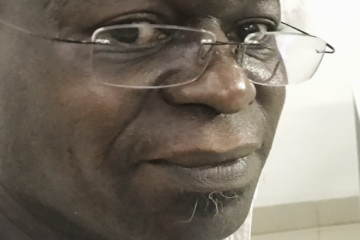JAMESINA E KING
THE African Peer Review Mechanism (APRM) is considered as an arm of the African Union, founded in 2003 to promote good governance on the continent. Its process provides a platform for experience sharing, reinforcing best practices and building a bridge between citizens and governments.
Our core mandate is to conduct country reviews to assess how member states are performing in the four main governance aspects known as APRM Thematic areas; namely democracy and political governance; economic governance and management; corporate governance; and socio-economic development.
Therefore, as APRM, we recognize that the media plays a significant role in nurturing and sustaining a culture of democracy. Our tool enables us to assess media freedoms under “Democracy and political governance” thematic area while our process requires a meaningful participation of all stakeholders including media people.
The success of our work at national level has been thanks to the media as a key player in informing, educating and raising public awareness of APRM; and holding the government to account for implementation of our reports’ recommendations among others.
Coming back to our main tool, which is the APRM standard questionnaire, we enquire whether the state has established measures to promote and protect civil and political rights and indicators include freedom of expression and media freedom.
Media plays a critical role in all fields of society as a watchdog of democracy and good governance in Africa. Media’s role is to disseminate, educate, illuminate, and impart knowledge among the people. It triggers positive transformation to catalyse good governance. Additionally, the media can be a source of information and independent analysis that supports democratic processes and economic development and keeps the leadership informed for decision making.
The APRM acknowledges freedom of expression as a fundamental human rights’ principle and a critical factor to achieve democracy in member states. In consequence, the APRM co-hosted a Media Roundtable on 2 May 2019, on the margins of the 26th Edition of the World Press Freedom Day (WPFD) in Addis Ababa, Ethiopia; in collaboration with UNESCO.
The roundtable was organised to engage the media and establish foundations for a long-term relationship between APRM and the Media in Africa.
The APRM has been promoting freedom of expression, notably through its mandate and expanded mandate which refers to the monitoring and implementation of the Agenda 2063 and SDGs 2030. However, since the media roundtable, the APRM has undertaken to establish a communicators network to increase media participation in governance processes.
Furthermore,in an effort to mainstream media in APRM processes, the mechanism has revised its instruments, principally its questionnaire for it to be aligned with media freedom and journalists’ rights. This will lead to a more significant consideration for media freedom and media professionals’ rights in country review reports, to highlight progress or regress by member states in this respect.
From the country review reports and Africa Governance Report, our review team made the following observations:
- There are signs of progress in the protection of media freedoms, although oppressive laws continue to curtail these freedoms in various cases.
- Repression of dissent in various cases, usually taking the form of media and Internet shutdowns, and attacks on journalists and bloggers.
- Some courts have nullified criminal defamation laws, while some states
have abolished them. - States report a significant increase in privately-owned radio stations,
community radios and newspapers. - Various countries have established media regulators, such as media
councils, that play various roles. - Media vibrancy has been accompanied by growth of hate speech in
some cases.
The APRM will continue to advocate for best media freedom practices on the continent and safety of journalists so as to achieve “The Africa we want”.
- This is an edited speech at the launch of the Digital Platform for the Safety of Journalists in Africa by Jamesina E King, the Special Rapporteur on Freedom of Expression and Access to Information in Africa.

